“We have to keep the momentum going so that we can come together and protect our ocean. Why? Because our ocean is absolutely essential for life itself – not just the food, but the oxygen and weather cycles of the planet all depend on the ocean. ” – Secretary of State John Kerry
“ No water, no life. No blue, no green. ” – Sylvia Earle
The health of our oceans is crucial to all life; there is no denying that oceans hold huge importance. Ocean health matters. And right now the statistics are both depressing and worrying. It is estimated that by 2050 there will be more plastic than fish in the sea (5gyres) and humans have managed to wipe out 90% of the ocean’s top predators in the past 55 years (Oceana).
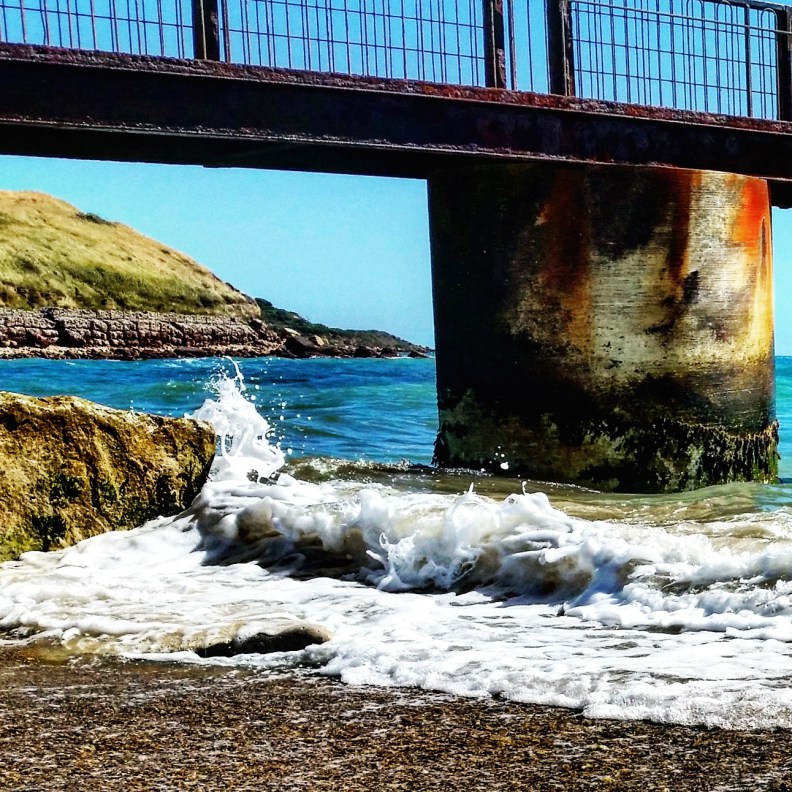
If we all work together, scientists believe ocean health can be restored. Many of our world leaders are starting to recognise this and are taking action to protect and restore our oceans. For example, France has just declared a ban on single-use plates, cups and utensils from 2020, UK are following USA in banning microbeads and 100+ commitments totaling over $4.8 billion were made at Our Ocean conference in Washington DC, including the creation of 40 new or expanded marine protected areas. That is exciting news for ocean health!
But there is so much more to do.
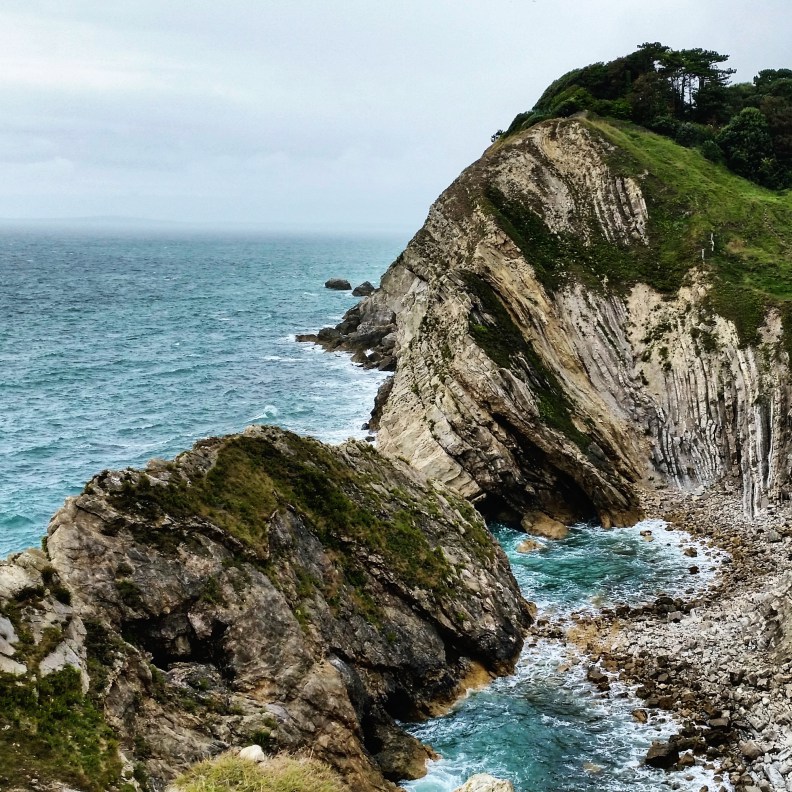
Here are some practical ways we can all help to protect and restore our oceans in everyday life…
1. Reduce, refuse and reuse.
Reduce your use of single-use plastics. Bags, cutlery, straws, cups, water bottles and containers all massively contribute to ocean pollution and harm ocean life. Plastic is meant to last, so using it for throw-away items is simply poor product design. Recycling helps of course, but even that has plenty of pitfalls, so is better as a back-up when using plastic can’t be avoided. Making more sustainable choices, such as refusing single-use plastic items and investing in reusable alternatives is an excellent high impact way of helping our oceans.
Pledge to go #strawless with The Lonely Whale Foundation.
Take the #plasticfree pledge with 5gyres.
2. Check your seafood supply.
Choosing sustainable seafood is important because much of the world’s fish supply is under threat from over fishing. When you add in the issue of climate change and pollution, that is a huge problem for the future of fish on the menu.
Check out Seafood Watch by Monterey Bay aquarium for more about sustainable seafood.
Marine Conservation Society also has useful information about how to make good choices when it comes to seafood. www.goodfishguide.org
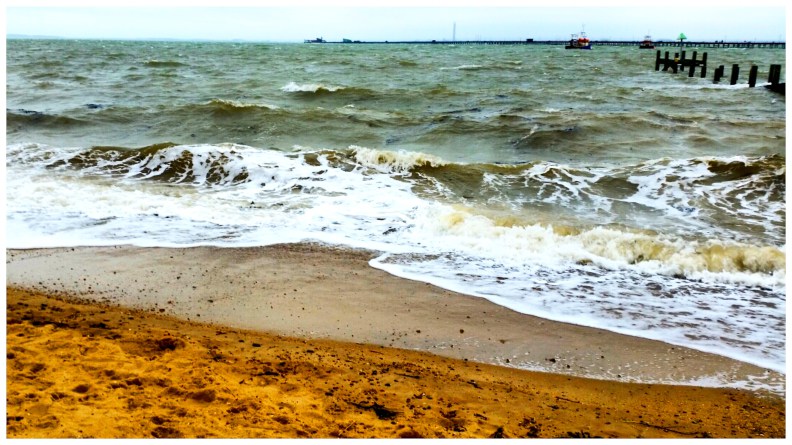
3. Ban microbeads from your home.
Choose products that do not contain microbeads. Microbeads are tiny bits of plastic found in some personal and beauty care products, such as toothpaste, scrubs, sunscreens and make-up. They wash off down the drain, then end up in oceans, where they become extremely toxic. They are eaten by fish and other marine life, which causes harm to other life and damages our own food supply too. There are movements to ban microbeads in UK and USA but this has not yet come into force and other countries are yet to follow suit. Removing microbeads from your home could save literally thousands of microbeads from entering our waterways PER DAY.
Find out which products do not contain microbeads www.beatthemicrobead.org
4. Switch energy suppliers.
Switching from fossil fuels to a green energy supplier is not only good for the environment but could also save you money too!
“ Climate-changing gases from offshore oil and other fossil fuels are changing ocean chemistry, saturating the oceans with carbon dioxide and making them increasingly acidic.
Acidification is already leading to the degradation of coral reef habitats and negatively impacting some commercially important fisheries, like shellfish.” – Oceana
I personally switched to Good Energy but there are various clean energy companies to choose from. Making the switch is usually quick and easy but makes a massive difference.
5. Donate…
Monetary donations are one thing, but donating can come in many other forms too. One of the most powerful things anyone can donate- for free- is your voice. Sign petitions, share campaigns and start conversations.
Ocean Unite has a list of actions, as do many other charities and organisations.
Time is another resource that can be donated, such as helping to clean up our beaches. See SAS (UK) and Ocean Conservancy for more information on organised beach clean ups.
Or you could even donate your art! Visit Lonely Whale for further details or to donate.
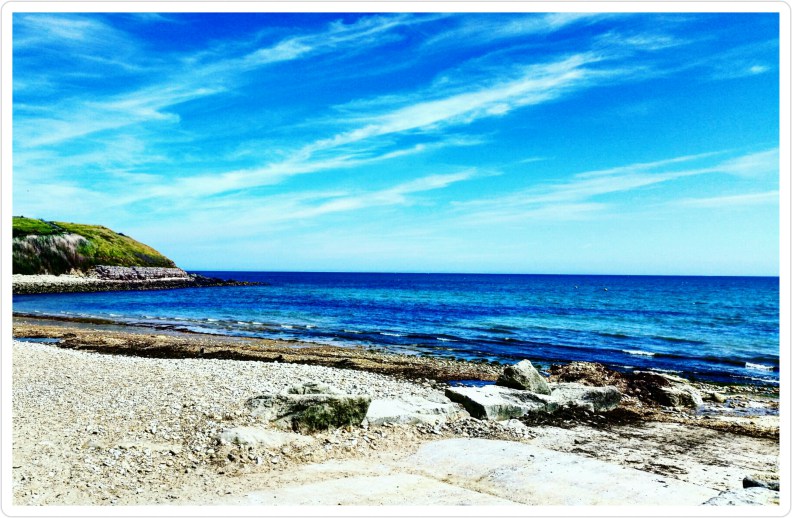
Last but not least, share how you #MakeASplash to protect our oceans!
This article was written in dedication to #MakeASplash campaign. Thank you to the organisations and charities mentioned for inspiring and teaching me about our oceans.

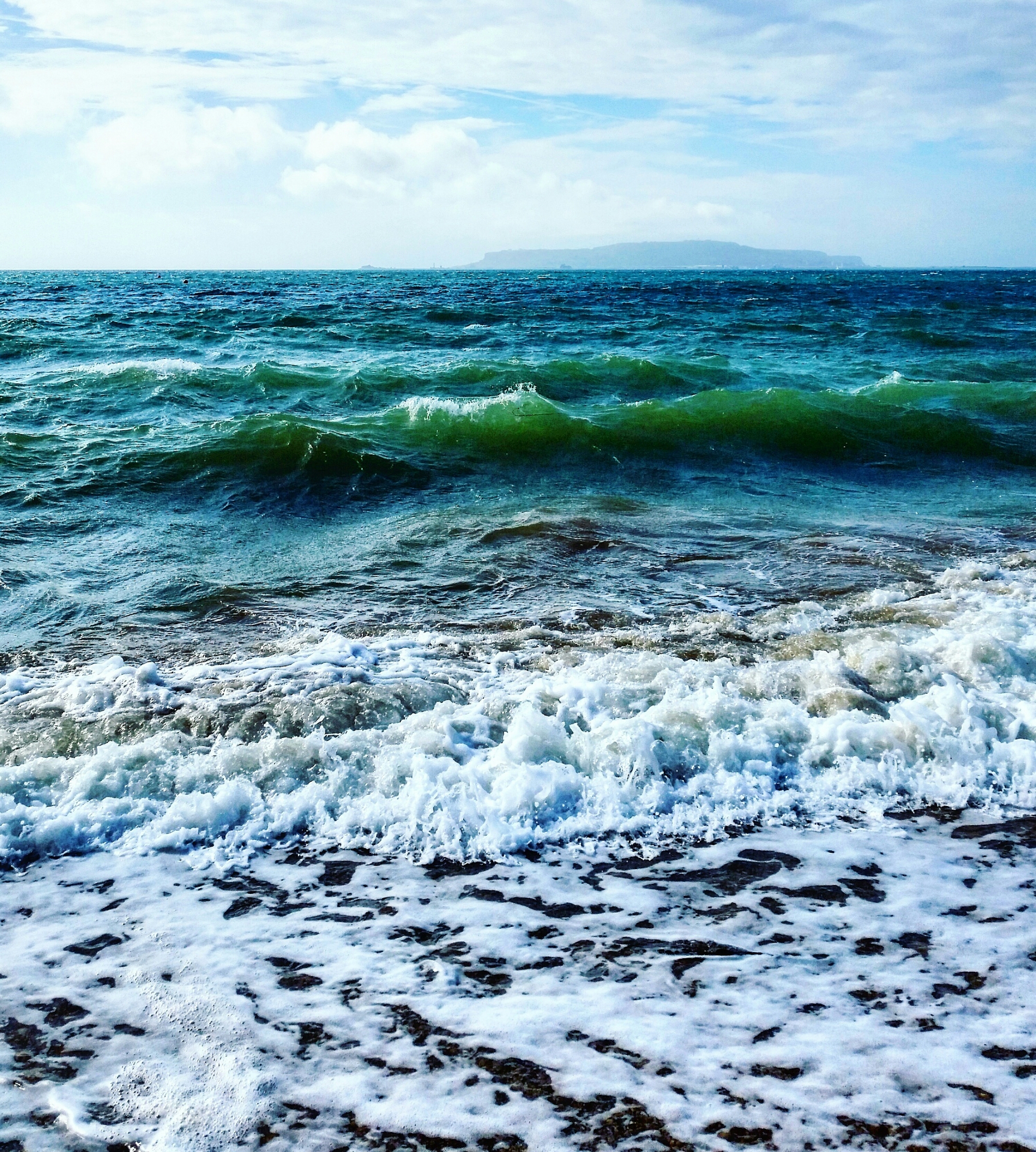
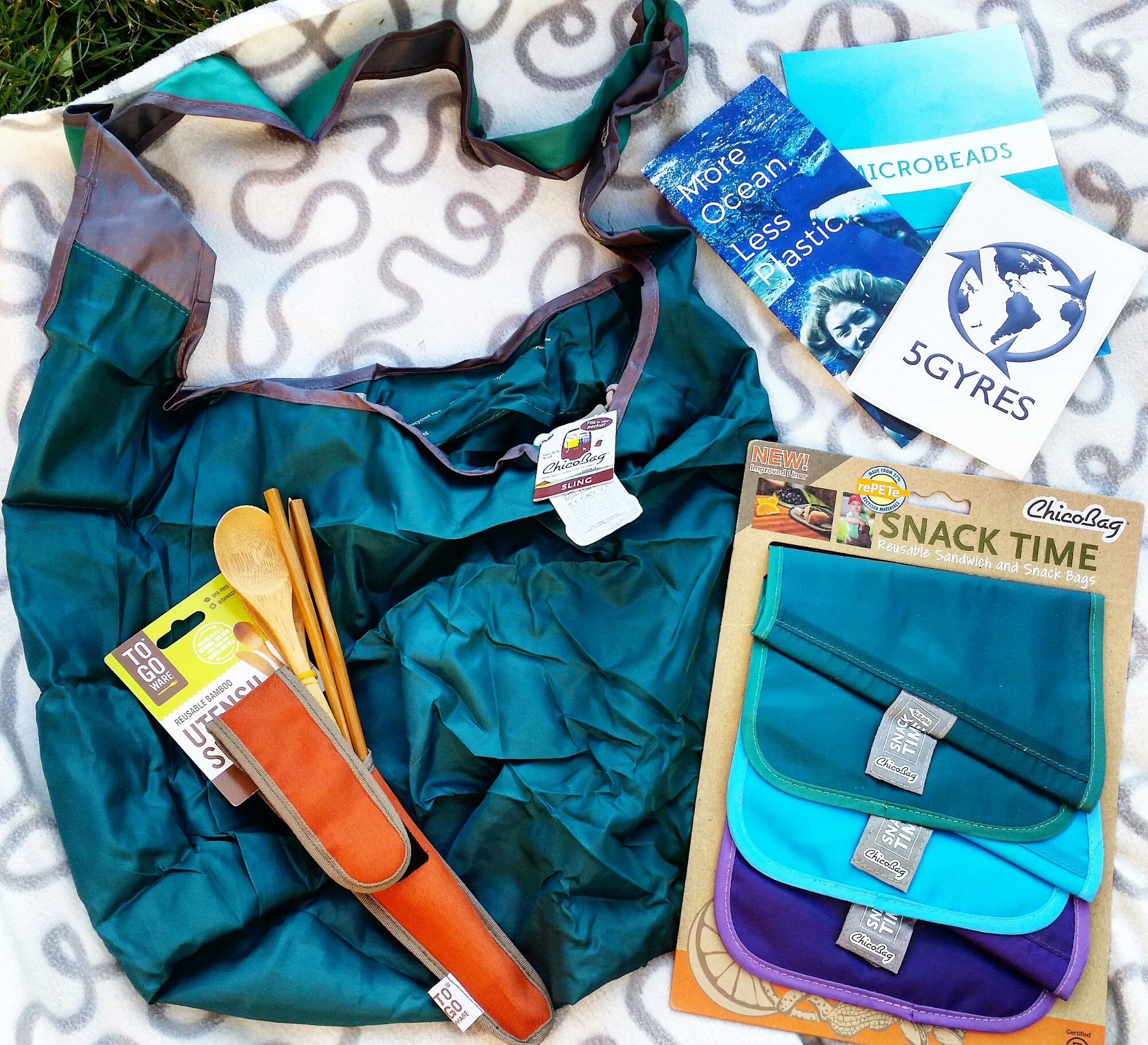
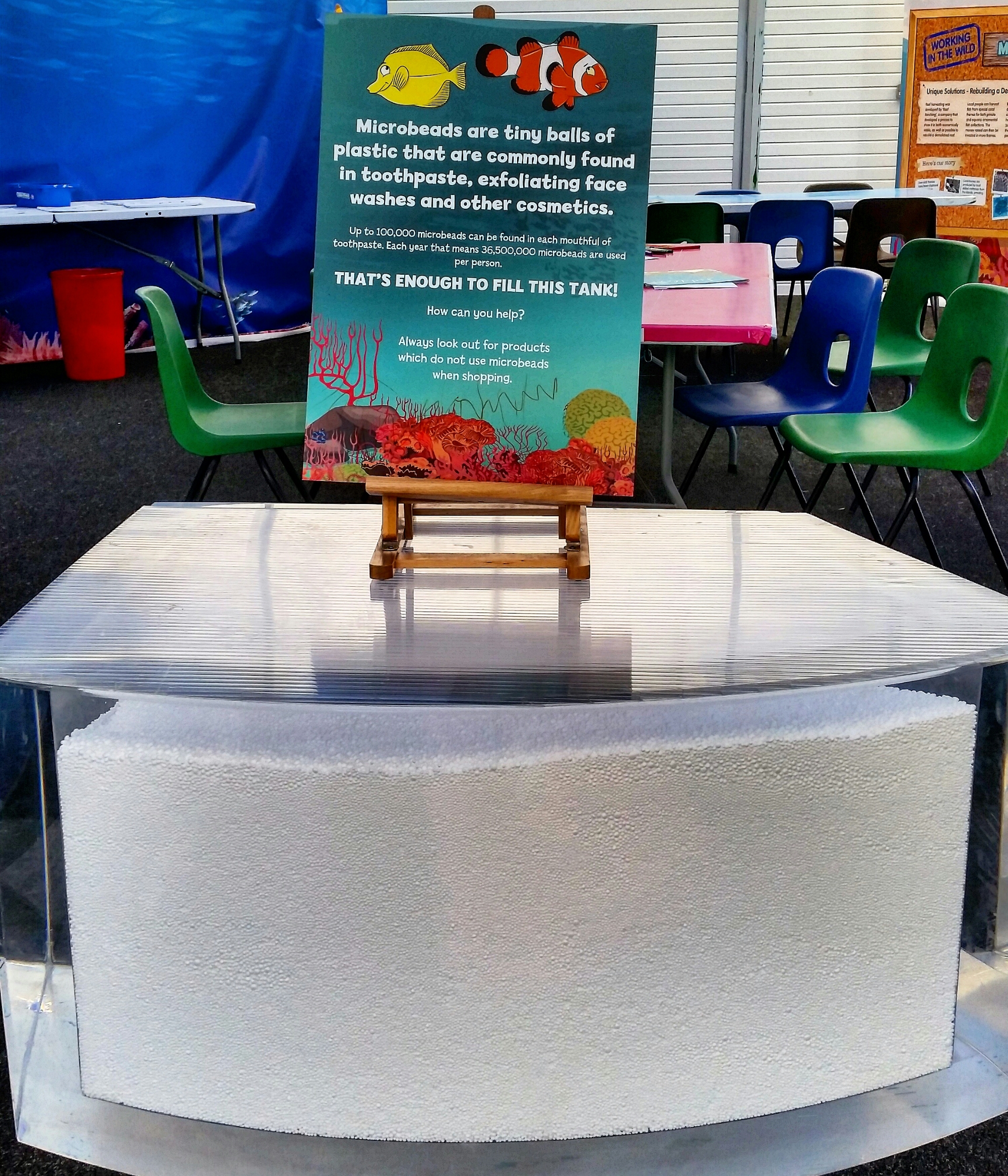
Love this post! I really like the 5 practices you shared here to save the ocean. 🙂